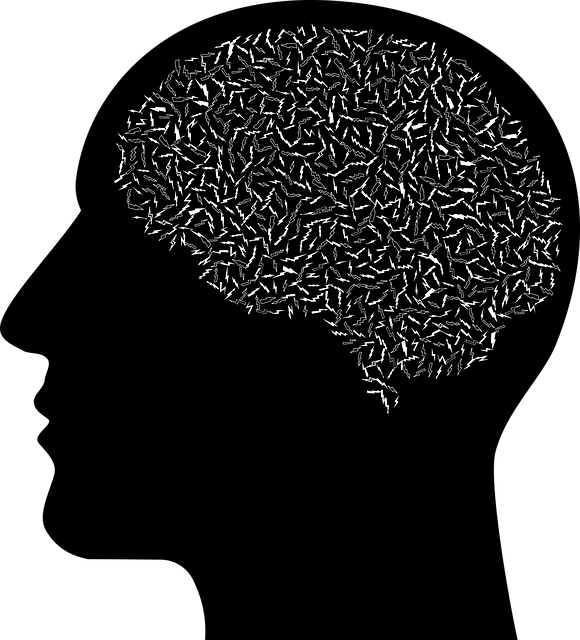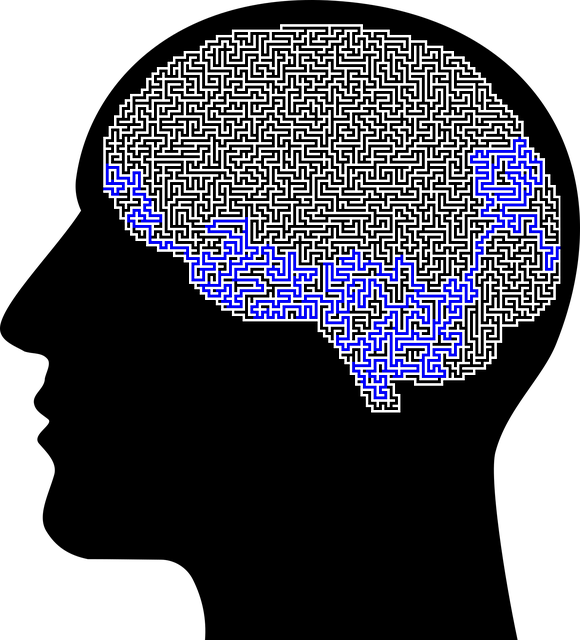Mental health data analysis plays a crucial role in understanding and treating specific disorders like OCD in Boulder, Colorado, where access to specialized therapy is abundant. By examining demographics, treatment outcomes, and common obsessions/compulsions, healthcare professionals can tailor interventions effectively. Data may reveal unique symptoms, prompting therapists to adapt approaches like exposure and response prevention (ERP) therapy. However, technical challenges such as API errors can disrupt data flow, hindering timely diagnosis and personalized therapy plans. Robust data infrastructure and reliable API connections are essential to overcome these issues, ensuring uninterrupted care for patients seeking Boulder Obsessive Compulsive Disorder Therapy.
Mental health data holds immense potential for understanding and treating conditions like Obsessive Compulsive Disorder (OCD). In this evolving landscape, effective analysis and interpretation of mental health data are crucial. This article explores how advanced techniques can uncover insights into OCD, with a focus on Boulder, Colorado, where access to innovative therapy options is thriving. We’ll delve into key aspects of data-driven approaches, from collection and privacy considerations to the practical application of analytics in clinical settings, ultimately aiming to enhance patient outcomes.

Mental health data analysis plays a pivotal role in understanding and addressing specific disorders like Obsessive Compulsive Disorder (OCD). In the context of Boulder, Colorado, where access to specialized therapy is abundant, analyzing OCD-related data can reveal trends and insights crucial for improving treatment strategies. By delving into demographic information, treatment outcomes, and common obsessions/compulsions, healthcare professionals can tailor interventions effectively.
For instance, a thorough analysis might indicate that Boulder’s OCD patients often present with unique symptoms centered around contamination fears or symmetry issues. This knowledge could prompt therapists to adapt their approaches, incorporating specialized techniques like exposure and response prevention (ERP) therapy, which has shown promising results in treating OCD. Such data-driven insights foster a more nuanced understanding of OCD, ultimately enhancing the availability and quality of Boulder Obsessive Compulsive Disorder Therapy.
API responded with status code 504.

In the realm of mental health data analysis, understanding and interpreting trends is crucial for effective treatment and support strategies. However, challenges like unexpected API responses with status codes, such as the common 504 Gateway Timeout, can hinder progress. These technical glitches often occur when accessing or exchanging data between different systems, potentially affecting the seamless flow of information needed for accurate diagnosis and personalized therapy plans. For instance, a patient seeking Boulder Obsessive Compulsive Disorder (OCD) Therapy might face delays in treatment if data retrieval through APIs is interrupted.
Such disruptions underscore the importance of robust data infrastructure and reliable API connections. Ensuring smooth data exchange is vital to providing timely and effective mental health services. Effective strategies include implementing redundant systems, optimizing network connectivity, and employing error-handling mechanisms within APIs. By addressing these technical hurdles, healthcare professionals can better serve patients like those seeking Boulder OCD Therapy, ensuring access to comprehensive and uninterrupted care.
Mental health data analysis is a powerful tool for understanding and addressing issues like Obsessive Compulsive Disorder (OCD) in Boulder, CO. By leveraging APIs and advanced analytics, therapists can gain valuable insights into patient populations, treatment outcomes, and the effectiveness of various therapeutic approaches. This data-driven perspective enables more personalized and targeted care, ultimately enhancing the availability and quality of services for those seeking Boulder OCD therapy.














